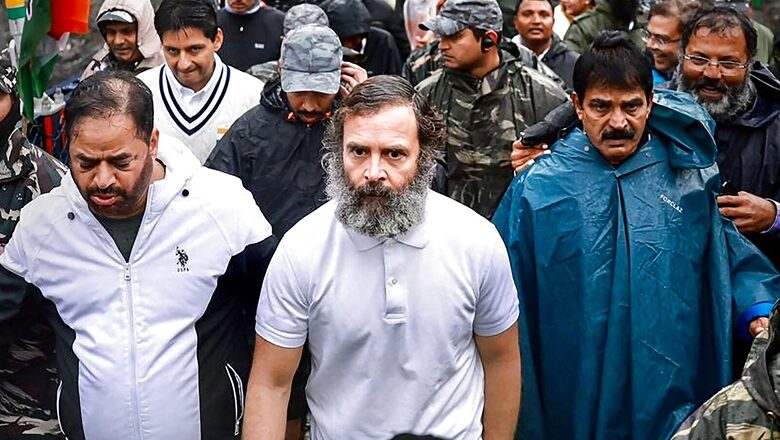
views
For many, the curious case of Rahul Gandhi’s ‘disengagement’ with the ‘mainstream media’ during his mammoth Bharat Jodo Yatra is a case of missed opportunity. In fact, throughout the 19-year-old political stint, Rahul has been arriving early and late on formulating strategies or implementing them. For instance, Rahul spent far too many years between 2006 and 2013, in trying to democratise the Youth Congress and the NSUI. As an unconventional politician, he had fancied himself as a reformer, catalyst, etc, but his act of tearing off a UPA affidavit boomeranged. In the modest opinion of this columnist, the idea of opposing a proposed legislation to allow convicted politicians was not an affront to the good doctor, prime minister Dr Manmohan Singh. It came to haunt Rahul and the Congress as the Gandhi scion failed to keep tainted politicians Ashok Chavan and Suresh Kalmadi out of the list of party nominees for the 2014 Lok Sabha.
I have always maintained that the history of the Congress is drastically different from the story of the Congress. Rahul’s bid to usher ‘newness’ in the party was stonewalled from leaders who actually drew strength from his mother Sonia Gandhi. Months before 2014 Lok Sabha, Rahul had deputed Madhusudan Mistry and his team to look for new candidates for 2014 Lok Sabha but a majority of names and recommendations given by Mistry did not even come up for a serious discussion at the AICC’s Central Election Committee in the early months of 2014. It is also an open secret that Rahul did not want the party leadership to openly back Mallikarjun Kharge’s candidature, but his advice went unattended.
Would Bharat Jodo Yatra and the 2024 general elections be further additions in the long list of missed opportunities or the Gandhi scion would turn the tables on critics?
Last heard, Team Rahul now wishes to focus on 200 Lok Sabha seats for 2024 that would make or mar the grand old party. There is a growing realisation that a third successive defeat would signal the end of Nehru-Gandhi hegemony and result in ‘Janata-Dal-isation’ of the Congress. The latest poll survey by a channel and pollster, if the general elections are held today, the BJP would win 284 Lok Sabha seats and that 67 percent of survey respondents were ‘satisfied’ with the Narendra Modi government’s performance regardless of the issues such as lack of jobs, economic crisis, threat from China etc.
It is easy to dismiss and even mock the survey and the prime-time news channel, attach motives or even term the mood of the nation as a fictitious exercise. But deep down, are not the Congress leaders of all hues and shades worried, uncertain and nervous about 2024? The survey has predicted 68 Lok Sabha seats for the Congress if the elections are held today. Bizarre and paradoxical as it may sound, but a section of the party leaders and well-wishers consider this as somewhat a comforting figure, and better than their internal assessment which varies between 37 to 50. In 2019, the bulk of the] Congress Lok Sabha seats had come from Kerala [15], Tamil Nadu [8] and Punjab [8]. In 17 states and union territories, the Congress had not even opened its account. Almost in all seats that the Congress won with a margin of over two lakhs and more, these verdicts came from Tamil Nadu and Kerala.
As the Bharat Jodo Yatra comes to end, Rahul has consciously avoided giving interviews to the mainstream media, i.e. prime time TV news channels, leading newspapers, regional press and digital platforms. While it is commendable that he held 13 press conferences, fielded all questions, he only gave interviews to influencers and bloggers popular on social media platforms such as YouTube, Instagram, Facebook, Twitter. This was reportedly an advice tendered by his core team including members of the AICC’s communication department. Rahul was even heard saying, “They [mainstream media] don’t want to listen. It is as if they know everything. They have already taken a decision as to what they need to do and what they don’t need. So, what’s the point of talking to them? But if someone has an open mind, then one can talk to them.”
Nothing can be farther to truth than this. Barring a handful of TV news channels and anchors, Rahul’s assumption that ‘the mainstream media has become an instrument that serves only the interests and destructive ideology of those in power’, is inaccurate and exaggerated. My friend and editor in chief of The Tribune, Rajesh Ramachandran’s poster in “An Uncertain March’ has gone uncontested. Rajesh Ramachandran has wondered how a mainstream newspaper like The Tribune [I can add 40 more such publications without a hesitation] can be clubbed with some “repugnant TV anchors for the mainstream.” Rahul’s stand also belittles hundreds of media practitioners who have diligently been working at district and state levels.
While every politician and public figure is entitled to act as per his/her whims and fancies, parliamentary democracies across the globe have often seen greater interaction between media and the Opposition. During the Emergency years [1975-77], the Indian media had almost joined the opposition ranks that resulted in a crushing defeat of a mighty Indira and her ambitious son, Sanjay Gandhi. The last leg of the UPA too saw a massive mobilisation of media onslaught of sorts against a tottering Manmohan Singh regime. The period had also seen favourable media projection of Anna Hazare, Arvind Kejriwal and other ‘India Against Corruption’ protagonists.
After his long and remarkable foot-march from Kanyakumari to Srinagar, Rahul needs to reflect upon his remark, “They [mainstream media] don’t want to listen…” and check its veracity. He need not go further. The AICC’s communication department itself is packed with those having made a successful lateral entry in politics/Congress. In short, are those tendering him advice on media, actual stakeholders in elections and electoral polity? Rahul may find an answer there.
The writer is a Visiting Fellow at the Observer Research Foundation. A well-known political analyst, he has written several books, including ‘24 Akbar Road’ and ‘Sonia: A Biography’. Views expressed are personal.
Read all the Latest Opinions here












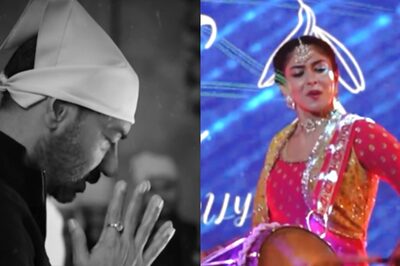
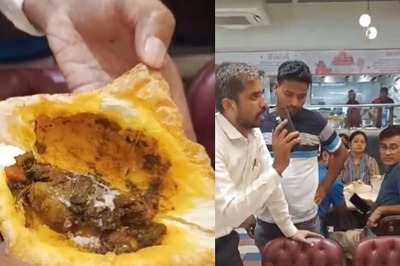
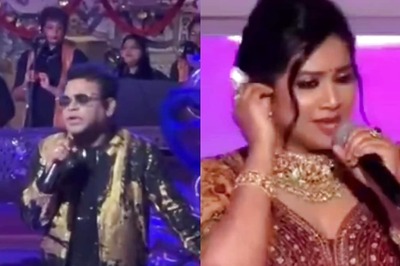

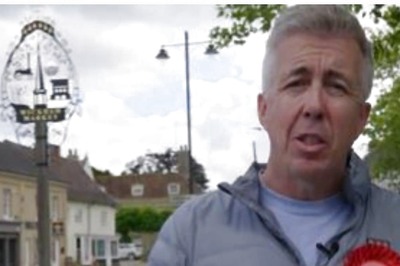
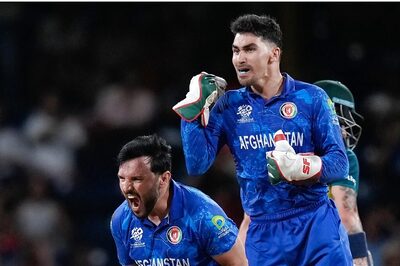
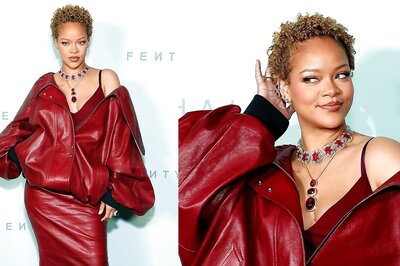
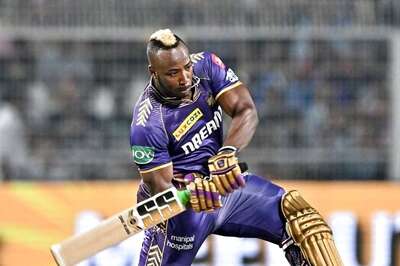
Comments
0 comment